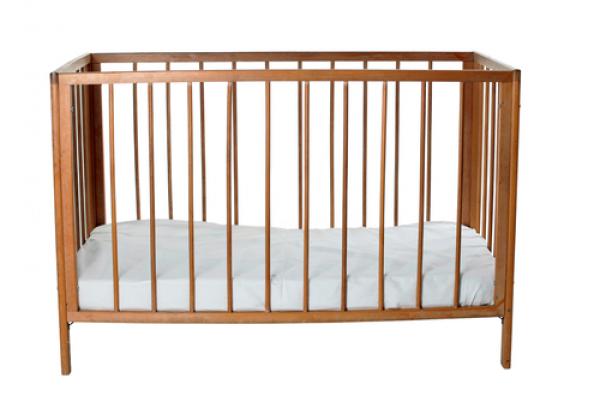I find myself thinking a lot about maternal mortality (and the issues that surround it, like access to contraception) lately, partly because I’ll soon be moving to a country with one of the world’s most dismal maternal mortality rates, and partly because my husband and I aren’t planning to have more biological children, which means that we’re contracepting for the duration.
Also, Nicholas Kristof and Sheryl WuDunn’s Half the Sky movement is gaining even more visibility — PBS’s Independent Lens is creating a series of short films and some longer features on issues raised in their bestselling, well-worth-reading book even as birth control reemerges again and again as a point of contention between Catholic bishops and nuns, between government policy and religious conviction, and even, as Amy Frykholm as suggested, among evangelicals.
Recently I’ve become aware that unwanted pregnancies are nothing new — certainly not the product of a culture that’s “anti-life” or anti-children, as the new-ish evangelical suspicion of birth control has it. In the 1850s, Mathilde Shillock, a German immigrant settled on the Minnesota frontier wrote,
“God has entrusted us with a son...it seems that his father is happy over it, I myself do not wish for any more children, as I look upon life as a heavy burden. [...] pity is all I can offer [this child]. Pity and a feeling of duty towards him to lighten his blameless fate.”
Read the Full Article

